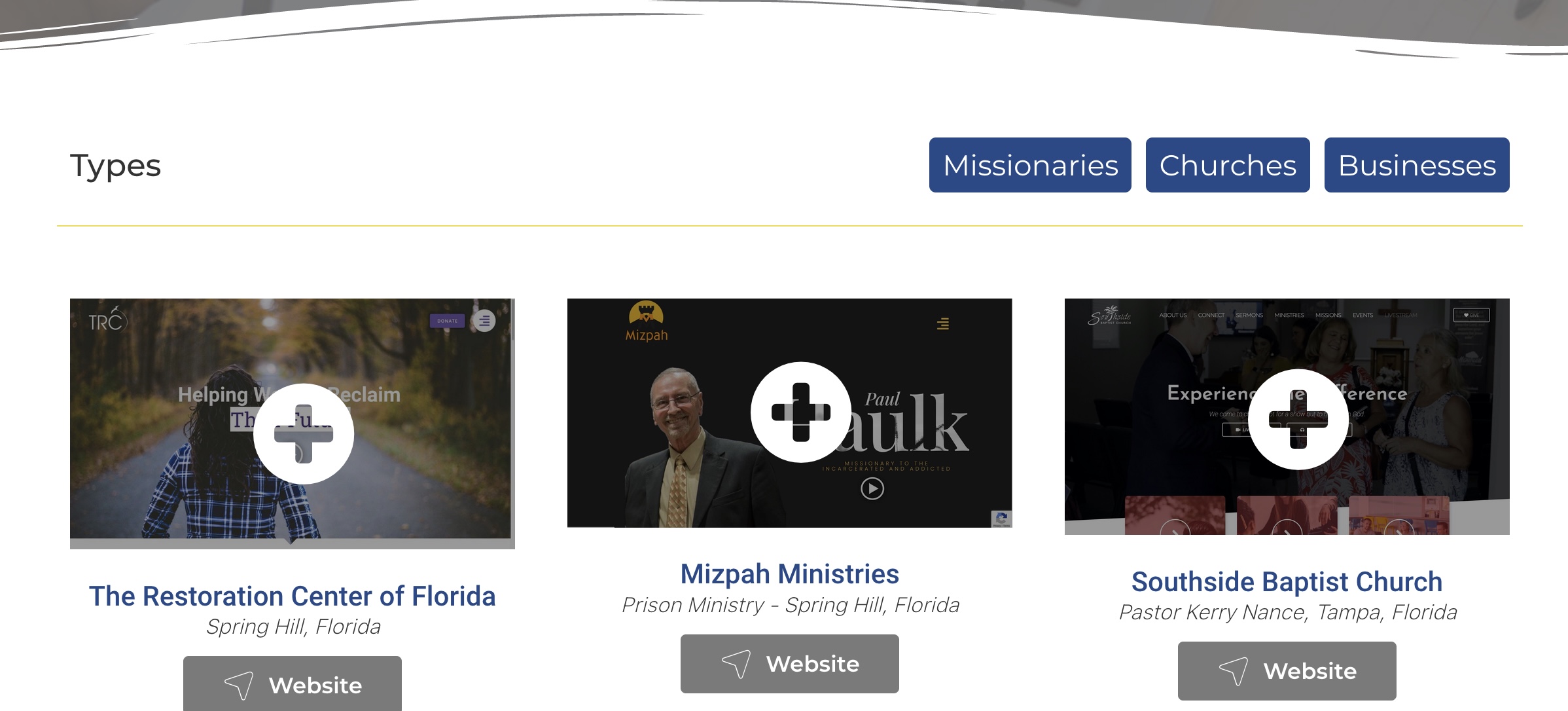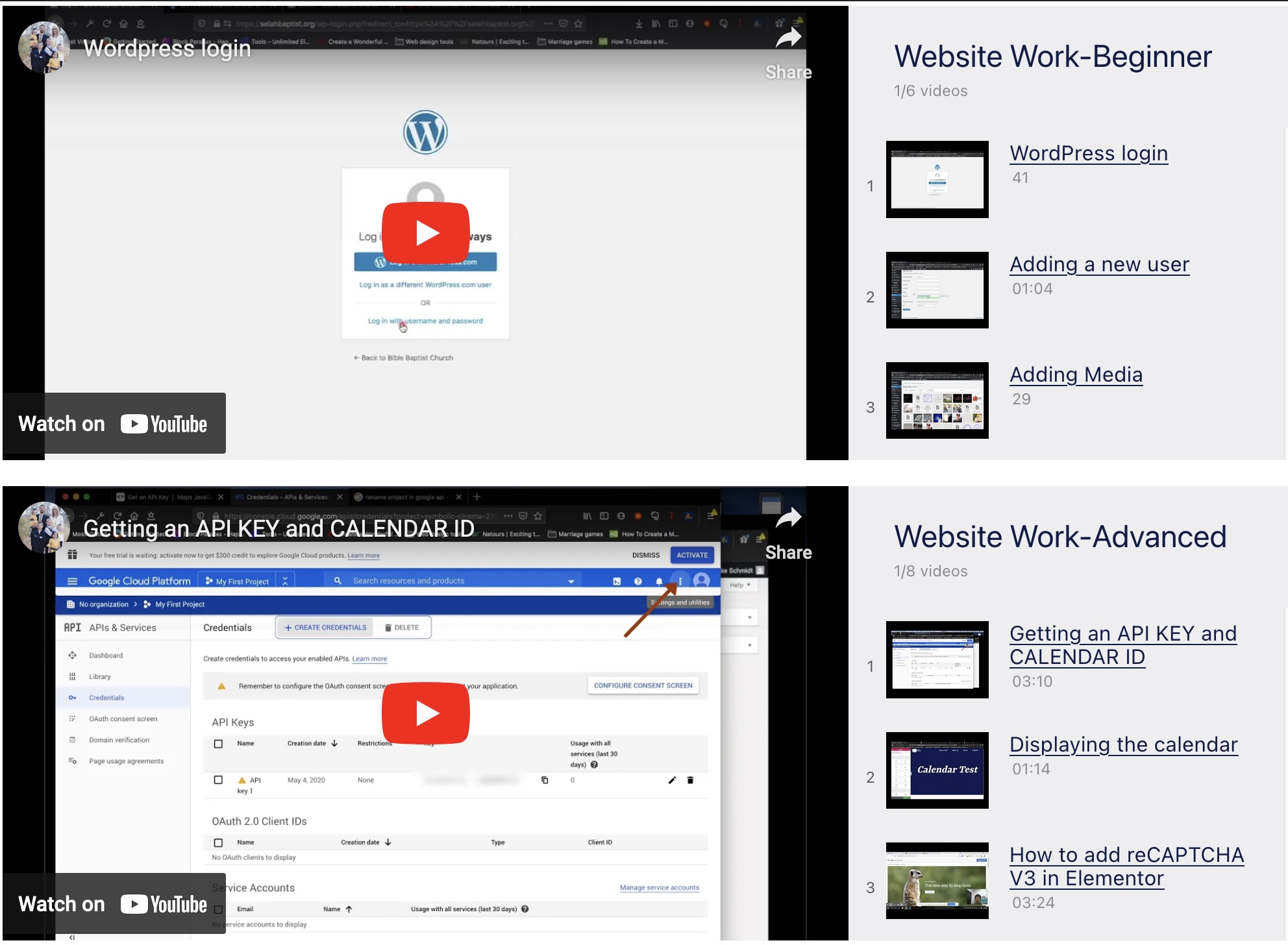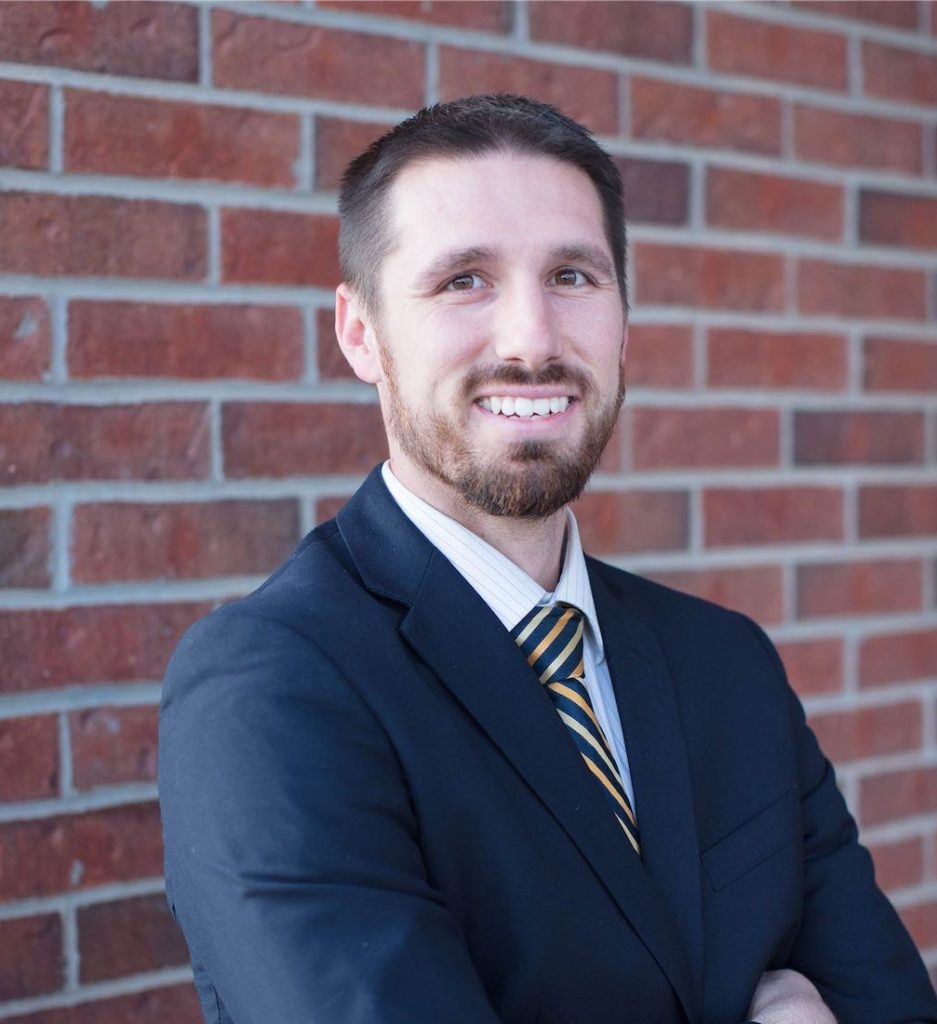After having done quite a bit of research, both online and in person with pastors and missionaries, I have come to a couple different unexpected conclusions.
- If you read 10 articles or blogs, you’ll find 5 different variations of answers.
- Most people do not FULLY understand what it is to opt out of social security- particularly, what the repercussions are. In other words, many people base their decision on bad advice.
- You only have a two year window after ordination to opt-out.
- It is incredibly easy to opt out.
- It is incredibly beneficial for a CAREER MISSIONARY to opt out…as long as you take the savings and put it into an investment (mutual fund, etc).
The best article that I found on this topic was from a company called Startchurch. They have software, programs, and a number of well-thought out, well-researched articles that help churches, pastors, missionaries, and non-profits to understand tax and legal issues. I will give my brief summation of the article on opting out which can be found here.
There are two common objections that need dealt with: #1 If you opt out you will not get any benefits when you retire. #2 I am not conscientiously opposed to Social Security, so therefore I can’t opt-out.
Objection #1 – Loss of Benefits
The phrase “opting out of social security” is largely misleading to so many because it gives the impression you are completely leaving the social security system, when, in fact, you are not. This process is listed under Section 1402 of the IRS, and its purpose is to allow an ordained minister to apply for self-employment tax exemption. What this means is you are seeking exemption from paying the 15.3% self-employment tax, not exemption from the social security benefits which include disability and medical care.
In other words, you are only opting out of paying on income earned as a minister. Any income earned outside of ministry is still taxable and qualifies you to earn retirement benefits. So long as you have the required 40 credits in, you will qualify to receive retirement benefits. Go here to see if you have your 40 hours in already.
Objection #2 – Conscientious Objection
In a sense this is true, but consider the context. As the article states so well:
“Instead of asking if (as a minister) you are opposed to Social Security, why not ask if you have any opposition to receiving public insurance for the work you perform in ministry? The actual law in section 1402(e)(1) and in IRS Form 4361 uses the term public insurance.”
In from 4361, here is the statement from the form:
“I certify that I am conscientiously opposed to, or because of my religious principles I am opposed to, the acceptance (for services I perform as a minister, member of a religious order not under a vow of poverty, or Christian Science practitioner) of any public insurance that makes payments in the event of death, disability, old age, or retirement; or that makes payments toward the cost of, or provides services for, medical care. (Public insurance includes insurance systems established by the Social Security Act.)”
So, yes, you are opting out of medical benefits, but in the context of income earned as a minister, NOT pre-ministry income. In terms of the religious principals phrase, many would say that putting money into the Social security system is bad stewardship. In article listed here on Dave Ramseys site, which is a great read, here’s what he said:
“If you take the thousands and thousands of dollars you’d be paying into Social Security and put that cash into a Roth IRA in a good growth stock mutual fund, you could retire with dignity times 20! That’s because mutual funds can beat inflation, but Social Security doesn’t account for inflation at all. The same $100 you put into Social Security now might only buy you $50 worth of stuff by the time you can actually use it! Besides, there’s no guarantee Social Security will even be around at all when you need it.”
Further, talking about objections, do you really agree where and how “Uncle Sam” uses all your money anyways? When you opt out it gives you the freedom to decide where your money goes, and what it funds.
So if you don’t have 40 hours and won’t be able to invest the money you are getting saving, then don’t opt-out. For myself, I just set an auto-draft from my checking account to a mutual fund so I do not get tempted to use the money.
After You Opt-Out
1. Make sure you have reached 40 credits.
Most people i know in ministry have work experience before ministry or are bi-vocational, so this shouldn’t be a problem. But, as i mentioned above, you can go here to check. In the article he mentioned going into ministry at the age of 26 with only 32 credits. However, he knew he had 30 years to get the remaining 8 credits. He looked for income opportunities outside of ministry to earn the remaining credits.
2. Have long-term disability until you do have your 40 credits.
3. Consider additional long-term disability.
Although you will be covered with long-term disability under your social security, you won’t be getting anything from your employer, so if you have a family it would be good to get additional supplemental coverage.
4. Have term insurance.
I got mine through Zander Insurance.
5. Invest in a tax-free roth IRA.
Since you are exempt from paying self-employment tax now, you will have the opportunity to take all that money and invest it as well as receive social security benefits you earned under your 40 credits!
In Conclusion
I personally paid Startchurch $199 to do all the work for me with securing and submitting the forms and any communication with the IRS. Through their self-employment tax exemption service for ministers, they have helped hundreds of ministers across the country. If you’d like their help, you can call them at (877) 794-1180.











